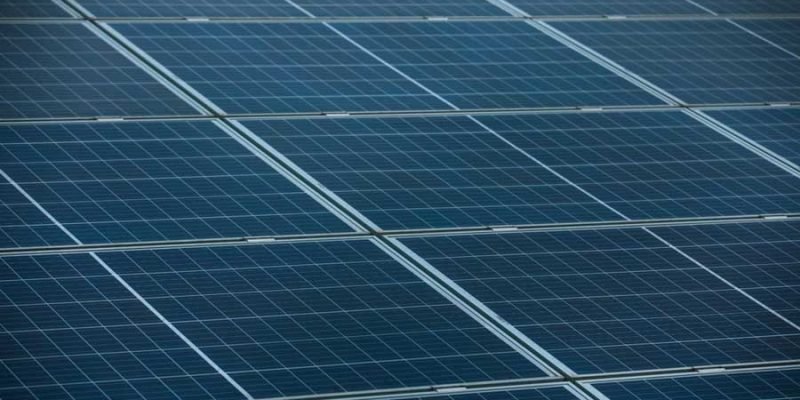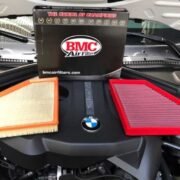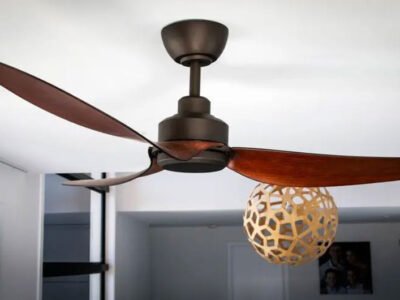Solar Panels are slowly becoming the perfect alternative to traditional energy sources. While most of us are well aware of its benefits, one crucial factor that overpowers our decision is the solar panel installation price.
Solar Panel installation looks like an expensive choice, but not when you have the proper understanding and choose the right commercial or residential solar panels. In this blog, we have compiled a list of factors you should note before investing in solar panels.
Factors affecting the price of solar panel installation
1. Property location
The price of solar panel installation varies in different states of Australia. Even though Australia gets abundant sunlight to energise solar panels, some areas experience higher levels of heavy rain and snow which means they receive less sunlight. Therefore, the location of your property can affect how many panels you need, adding extra charges to the installation cost and area also impacts the solar panel incentives which you can receive.
Most importantly, the rebates per KW are different in every state, which also affects the overall cost.
2. Solar panel size
Today solar panels come in various sizes. While some are fit for your commercial property, others are better suited to powering your residential property.
To determine solar panel and battery package price, you need to understand your energy needs and pick the appropriate solar panel size. If required, consult with experienced solar panel installers to determine the right solar panel size.
3. Roof vs Ground-Mounted Solar Power Systems
The location of solar panel installation affects the cost of your solar power system. The roof-mounted systems require fewer panels and have less installation expense while the ground-mounted systems are more costly, but can be easily maintained and cleaned. Regardless of the type of system you choose, it is essential to maintain your panels for optimal efficiency. Hiring trusted solar panel cleaning professionals in Seattle with the expertise and the necessary equipment to perform the job with the appropriate methods is best.
If your roof is in good condition, receives adequate sunlight and has plenty of space to support the solar panels, the roof-mounted system will be the best choice.
4. Property direction
The direction of sunlight your property receives will affect your solar panel selection. North facing roofs are ideal for solar panel installation and provide better efficiency, whereas east-facing solar systems aren’t able to collect as much sunlight.
Before installing solar panels on your property, ensure the roof gets sufficient sunlight and does not have large shaded areas due to neighbouring buildings or trees. It will lower the solar system efficiency and add extra expense requiring the purchase of better solar panels and battery packages.
5. Hybrid, off-grid, or grid-connected system
When you shift to a solar system, it’s crucial to decide whether you want to stay connected to the grid to use electricity during the nighttime, choose a hybrid model, or opt for a completely off-grid solar panel system.
Most people rely on an on-grid or hybrid system to use traditional energy when they don’t have any supply from the solar system. Off-grid systems provide complete independence as it has no connection with the mains grid.
Out of all the three options, completely on-grid systems are the cheapest, but they may not be worth the investment if your maximum electricity consumption is not during the daytime. Hybrid solar systems have additional battery support, so they cost more than on-grid systems, however, the price is still lower than a completely off-grid system because it requires a larger battery bank.
6. Installer
The installer you choose plays a crucial role in determining the cost of solar panel installation. The rates vary from installer to installer. An experienced installer with Clean Energy Council (CEC) accreditation will do proper residential solar panel installation.
7. Rebates and Tariffs
The government offers various rebates and tariffs to ease the expense of solar panel installation. Although they vary in every state and territory, some of the essential rebates include:
- State Government Rebates: Different state governments offer solar panel subsidies to commercial or residential properties to reduce the installation cost.
- Federal Rebates: The federal government promotes solar panel installation in Australia. It offers a renewable energy scheme for both small-scale and large-scale energy consumers.
- Feed-in-Tariffs: This works as a system between an energy retailer and property owner. Whenever your solar panel system produces excess energy, you can send it back to the grid and get paid according to the kWh rate.
Solar and battery package prices
The solar panels and battery packages come at different prices. For a better understanding, here is a list of solar panels with system size and the average price. Although the solar panel prices can vary as per installer, components and other factors, so you will see slight changes in the final cost.
| System size | Average Cost |
| 3.96kW | $2,995 |
| 6.6kW | $3995 |
| 13.2kW | $7595 |
Conclusion
Shifting to a solar system can be expensive if you don’t conduct proper research to choose the right setup. We recommend considering the above factors to ensure the perfect solar panel installation.


















Comments